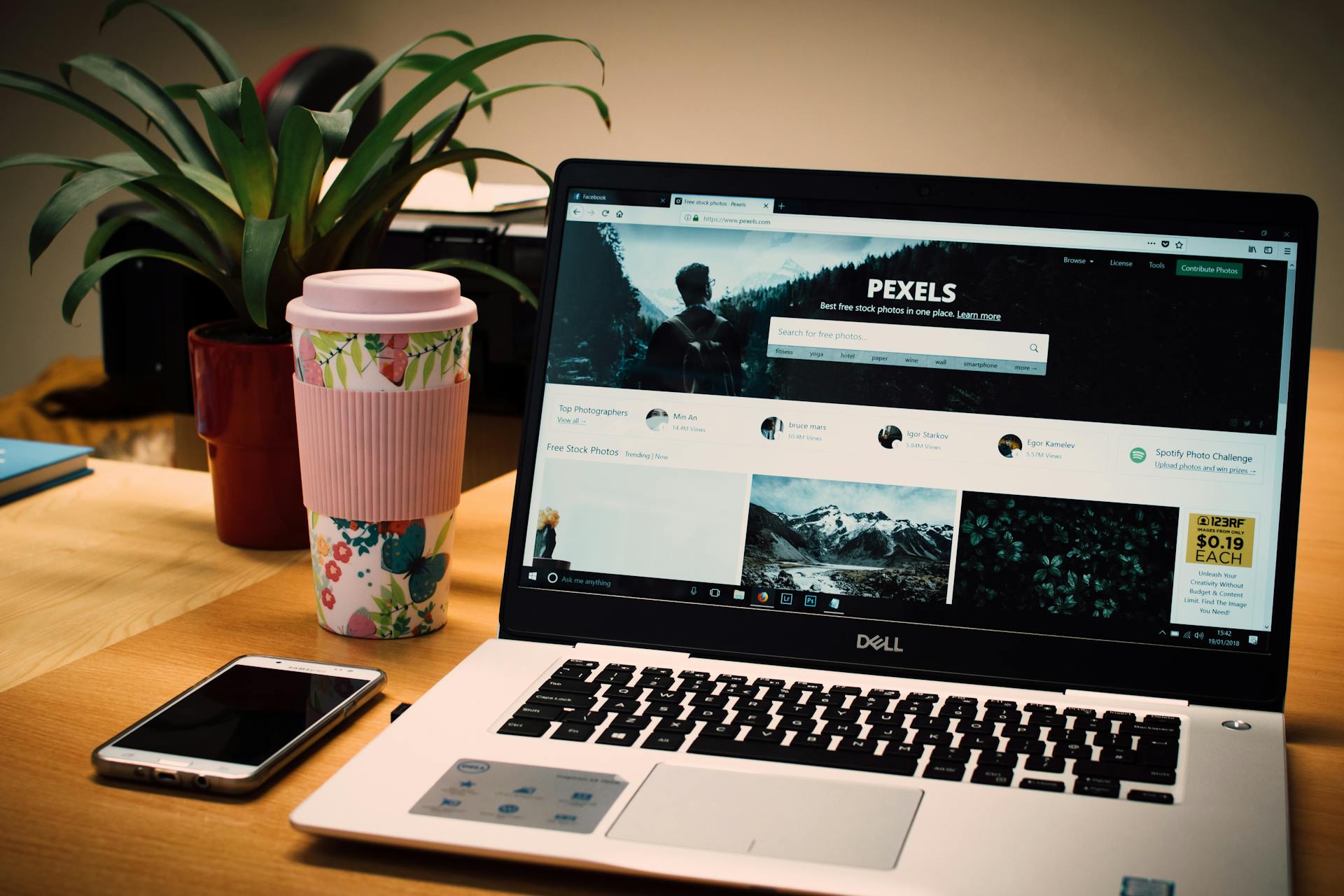According to an NFSI (National Floor Safety Institute) report, slips and falls account for over 1 million visits to the emergency room. In many cases, such injuries have also proven fatal. These accidents can leave victims shaken, injured, and wondering who’s responsible for the mess. In California, slips and falls fall under the umbrella of “premises liability,” and the legal picture can get a bit tricky.
A slip and fall accident can happen to anyone, anywhere. From slippery floors to uneven pavements, these incidents can lead to severe injuries resulting in exorbitant medical bills, lost wages, and pain and suffering. If you’ve experienced a slip-and-fall accident, it’s essential to understand who may be held responsible for your injuries. In this article, we’ll delve into the concept of liability in slip-and-fall cases, exploring the different parties that may be accountable.
Table of Contents
ToggleDefining Negligence
To determine liability in slip-and-fall cases, it’s crucial to understand the concept of negligence. Negligence refers to a failure to use reasonable care that results in harm or injury. In the context of slip-and-fall accidents, negligence may occur when someone fails to address or correct hazards on their property that could reasonably be expected to cause harm.
Property Owners’ Responsibility
One key party often held responsible for slip-and-fall accidents is the property owner. Property owners are responsible for visitors on their premises and are expected to keep their premises reasonably safe and free of hazards. This duty applies not only to commercial properties such as stores or restaurants but also extends to private residences.
It’s essential to note that the property owner’s duty of care does not necessarily mean guaranteeing absolute safety. Reasonable care implies taking necessary precautions like promptly repairing broken stairs or addressing spills when they occur. Property owners should also display proper warning signs when temporary hazards exist.
Negligent Third Parties
While property owners are frequently primary defendants in slip and fall cases, liability can extend beyond them. For instance, if an independent contractor was hired for specific maintenance tasks on the property but negligently caused or failed to fix a hazard that resulted in an accident, they may share partial responsibility.
Maintenance Companies
In some cases, property owners or occupants contract with maintenance companies to clean and maintain their premises.

If a slip-and-fall accident occurs due to the hired company’s failure to adhere to appropriate cleaning procedures or address hazards in a timely manner, the maintenance company may be held liable.
Insurance Companies’ Role
Insurance companies often get involved in slip-and-fall accidents. Sometimes, property owners carry liability insurance that covers accidents on their premises. When an accident occurs, the injured party can file a claim with the property owner’s insurance company. The insurer will then negotiate with the affected individual or their lawyer to determine compensation for medical expenses, lost wages, and pain and suffering.
Contributory Negligence
In some cases, the injured party may have contributed to their own accident – either through negligence or failure to exercise reasonable care for their safety. In such instances, courts may apply contributory negligence principles where each party’s degree of fault is considered in determining responsibilities and any resulting compensation.
Seeking Legal Assistance
In any slip-and-fall case, proving negligence requires gathering sufficient evidence, such as photographs and witnesses’ statements. However, navigating legal complexities can be challenging for someone without proper knowledge of personal injury law.

Consulting an experienced personal injury lawyer is highly recommended if you’ve been involved in a slip and fall accident. They can guide you through the entire process – from investigating your claim to negotiating with insurance companies or presenting your case in court if necessary.
To Sum It Up
Slip-and-fall accidents can result in life-altering injuries, impacting physical well-being and financial stability. Understanding how liability is determined in these cases is crucial for seeking justice and receiving fair compensation.
From property owners’ duty of care, to negligent third parties like maintenance companies, multiple parties could potentially be held responsible for slip and fall accidents. Insurance companies also play a significant role when it comes to compensating victims. Consulting with a personal injury lawyer can help you navigate the legal complexities and ensure the best possible outcome for your case.



